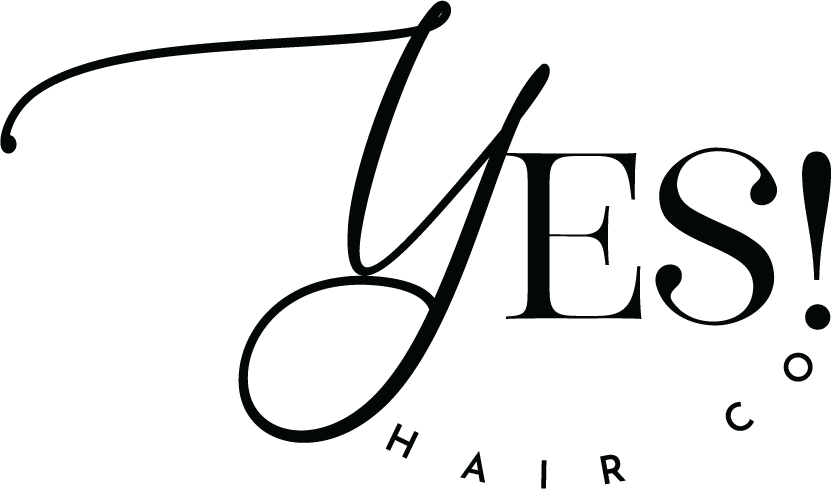Our Treatment Services
1. Low-Level Laser Therapy (LLLT): This non-invasive treatment involves using low-level lasers to stimulate hair follicles, improve blood flow, and promote hair growth. It is a popular treatment for both men and women experiencing hair loss.
2. Platelet Rich Plasma (PRP) Therapy: PRP therapy involves extracting a sample of the patient's own blood, processing it to concentrate the platelets, and then injecting the PRP into the scalp. The growth factors present in the PRP can stimulate hair follicles and promote hair growth.
3. Microneedling Therapy: Microneedling therapy uses a device with tiny needles to create micro-injuries in the scalp, stimulating the body's natural wound healing processes and promoting the production of collagen and elastin, which can improve hair growth.
4. Electrotherapy: Electrotherapy treatments for hair loss involve using electrical stimulation to increase blood flow to the scalp, promote cell regeneration, and improve the overall health of the hair follicles.
5. Oxygen Scalp Therapy: A botanical tonic combined with oxygen helps balance the scalp by eliminating bacteria and stimulating blood flow on the scalp.
6. Nutritional and Supplement Therapy: Trichologists often recommend specific diets, nutritional supplements, and vitamins to improve the health of the hair and scalp from within, addressing deficiencies that may be contributing to hair loss.
7. Scalp Treatments for Dermatitis and Psoriasis: Trichologists may offer specialized treatments for scalp conditions like dermatitis and psoriasis, which can cause inflammation, itching, and hair loss if left untreated. These treatments aim to soothe the scalp, reduce inflammation, and promote overall scalp health.
These treatments can be tailored to each individual's specific needs and can be used alone or in combination to address various types of hair loss and promote hair restoration. It's important to consult with a qualified trichologist to determine the most suitable treatment plan for your specific condition.
8. Cranial Prosthesis: A cranial prosthesis, often called a medical wig, is a specialized type of wig designed for individuals experiencing hair loss due to medical conditions such as alopecia, chemotherapy, or other medical treatments. Cranial prostheses are custom-made to fit the individual's head shape and provide a comfortable and natural-looking solution for hair loss.
9. Non-Surgical Hair Replacement: Non-surgical hair replacement is a method of restoring a full head of hair without undergoing surgery. It involves applying a custom-made hair system, hair extensions or wig that closely resembles natural hair and is attached to the scalp or existing hair using special adhesives, clips, or sewing. The hair system is designed to blend seamlessly with the individual's natural hair, providing a natural-looking appearance.






